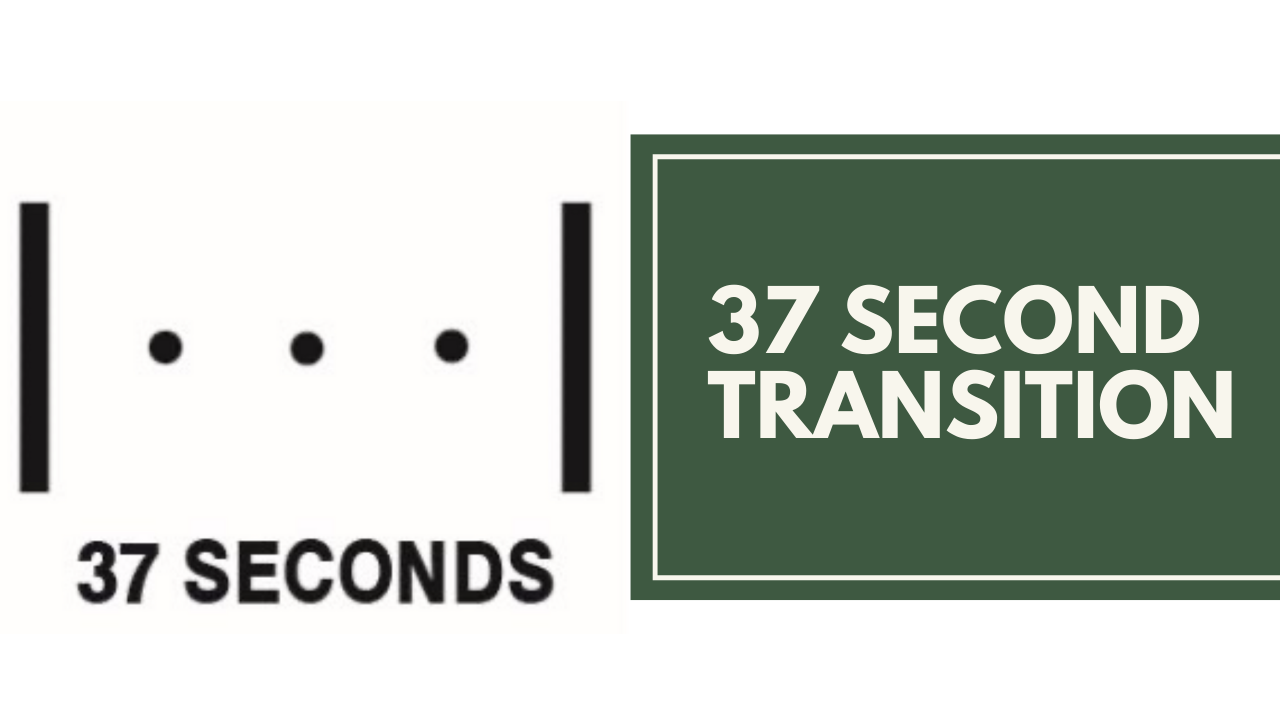37 Second Transition From World Class to Epic Disaster: A Titanic Story

Watch the video of this post.
Listen to the podcast of this post.
It was a calm cold night with stars in the sky. No moon. Titanic was traveling at her full speed. About 22.5 knots. Titanic's lookouts in the crow's nest peered through the haze to look for anything dangerous in their path.
When they saw the iceberg, they rang the lookout bell three times and telephoned the bridge.
"Iceberg, right ahead!"
In the next 37 seconds, the Titanic travelled 300 yards and ….
…collided with that mammoth iceberg. 11:40 PM on Sunday April 14, 1912.
37 seconds separated 'Titanic' from meaning the epitome of modern shipbuilding and the essence of speed and elegance to our modern archetype of … Epic Disaster.
Just 37 seconds
How far out are you scanning your environment for dangerous icebergs that could come out of nowhere? Your 'iceberg' could be a technology advancement that rocks your industry, a competitor's product innovation, new regulatory constraints or changes to social media platform algorithms.
Even if you are scanning your environment, are you scanning for ABNORMAL conditions. The icy conditions in Iceberg Alley on that night in 1912 were the worst in 50 years. Past experience may have created a false sense of safety.
If you own a company, run a business unit or run a project, who on your team is responsible for looking ahead one month? One Quarter? Annual? 3 years? 5 years? Or even 20 years?
=====
I was working for a client in the Fast Moving Consumer Goods (FMCG) industry. A Fortune 500 company. Their brands are immediately recognizable. This industry lives and dies on moving inventory weekly. Slim margins. High volume. The entire organization depends on effective marketing.
During one of our working sessions for streamlining and re-structuring their organization, the North American President lamented.
"Every week we focus on what's in front of our faces. Once. Just once, I'd like to look ahead for 3 months. Even better, 3 years."
Their monthly existence depended on daily heroic acts. This was their strategy for missing their icebergs. I've heard many of my clients say, "if we can't survive the month, we won't survive the year."
Ever feel that way? Are you chasing elusive success that's just outside of your grasp? You run so fast and focus so much on the near term you don't look up and see the looming icebergs!
Perhaps you focus on revenue, margin and units sold which are lagging indicators of success. You're trying to steer your ship with a rear-view mirror.
Such was the fate of the Titanic.
My client wanted to build a dynamic 3-year strategy that evolved with the changing environment. So, we built an Innovation department which reported directly to him. This new department researched trends, competition, regulations, emerging technologies and new customer segments. They gave him long-term strategies.
Eyes to the future.
If your success requires a constant stream of heroic acts, you're probably focused too much on near-term goals.
Here's four simple questions to test the time horizon of your strategy:
- Review your TO DO list. What time horizon are your activities?
- Review your GOALS. What time horizon are your goals?
- Define SUCCESS. When will it occur? What time horizon is your success?
And the most critical question:
- Define SUCCESS for your clients. When will it occur? What time horizon is their success?
When you build strategies that look into the future, your daily activities become more strategic. Fewer heroic acts. Less burn out. Increased employee and customer retention.
And you breathe a little easier!
Look to the horizon.
The Icebergs you see make much better scenery than destinations.
=========
"37 Seconds" is one of ten risk assessment components of our Titanic Diagnostic. Check out the other nine on our Titanic Diagnostic App in the Apple Store!
https://apps.apple.com/us/app/titanic-diagnostic/id1559770472




